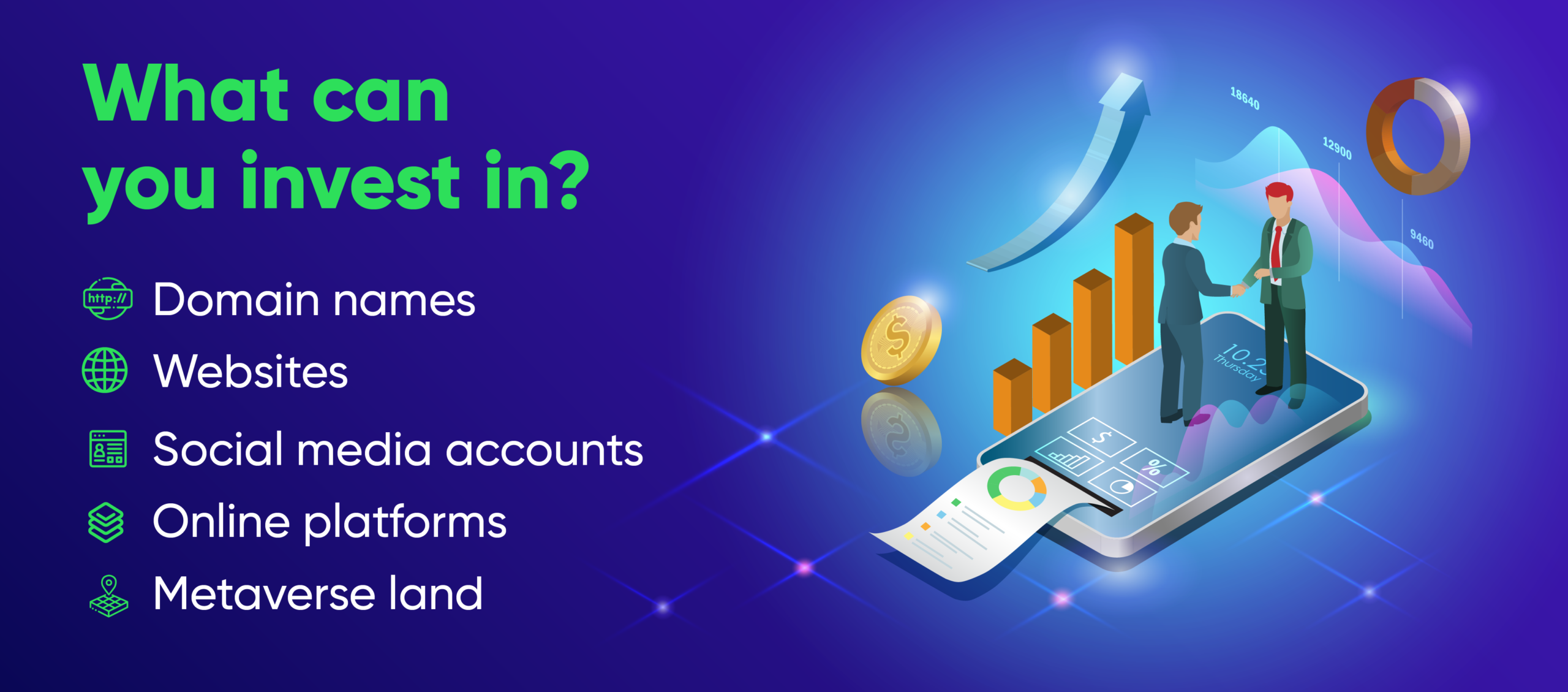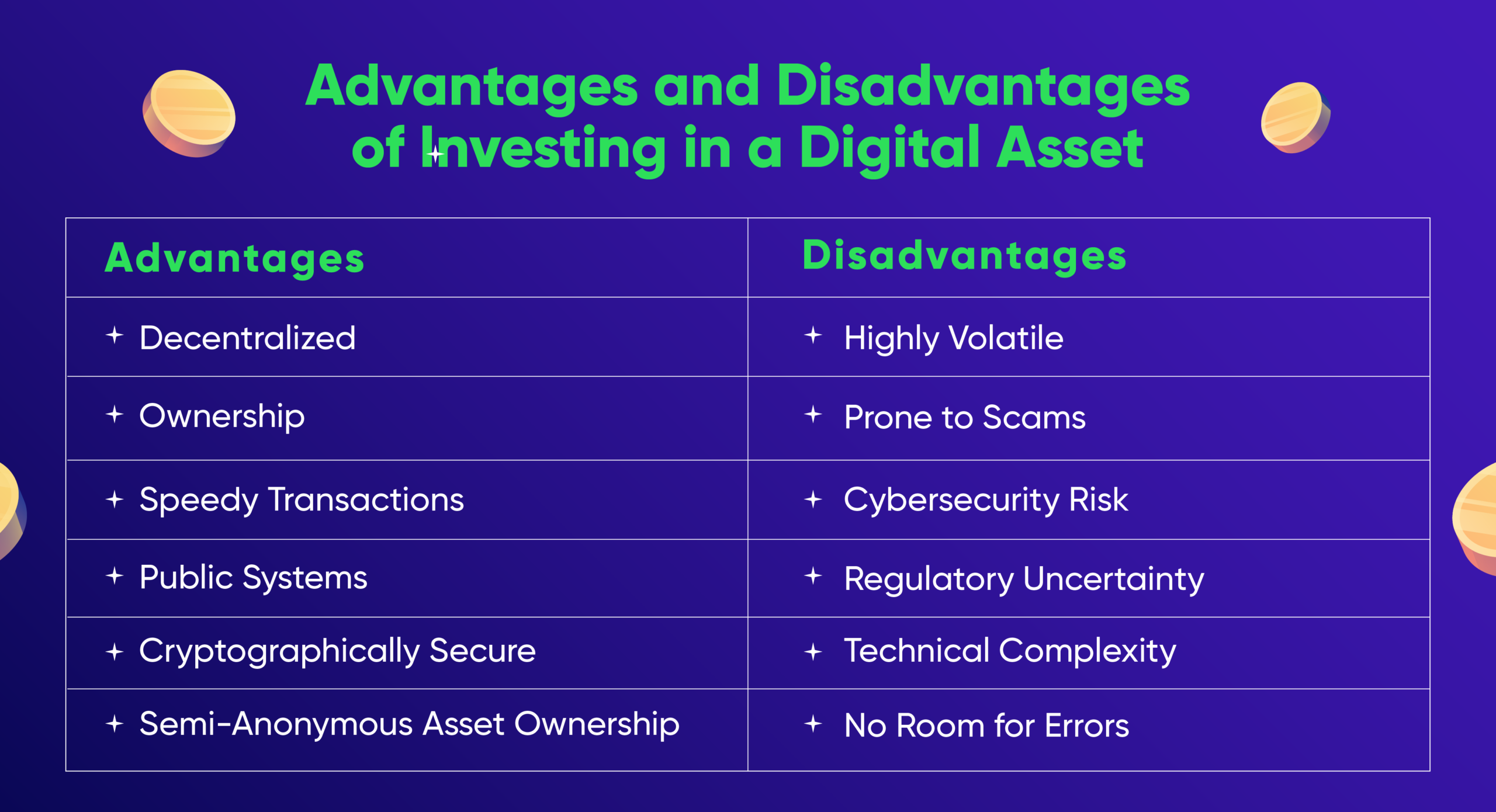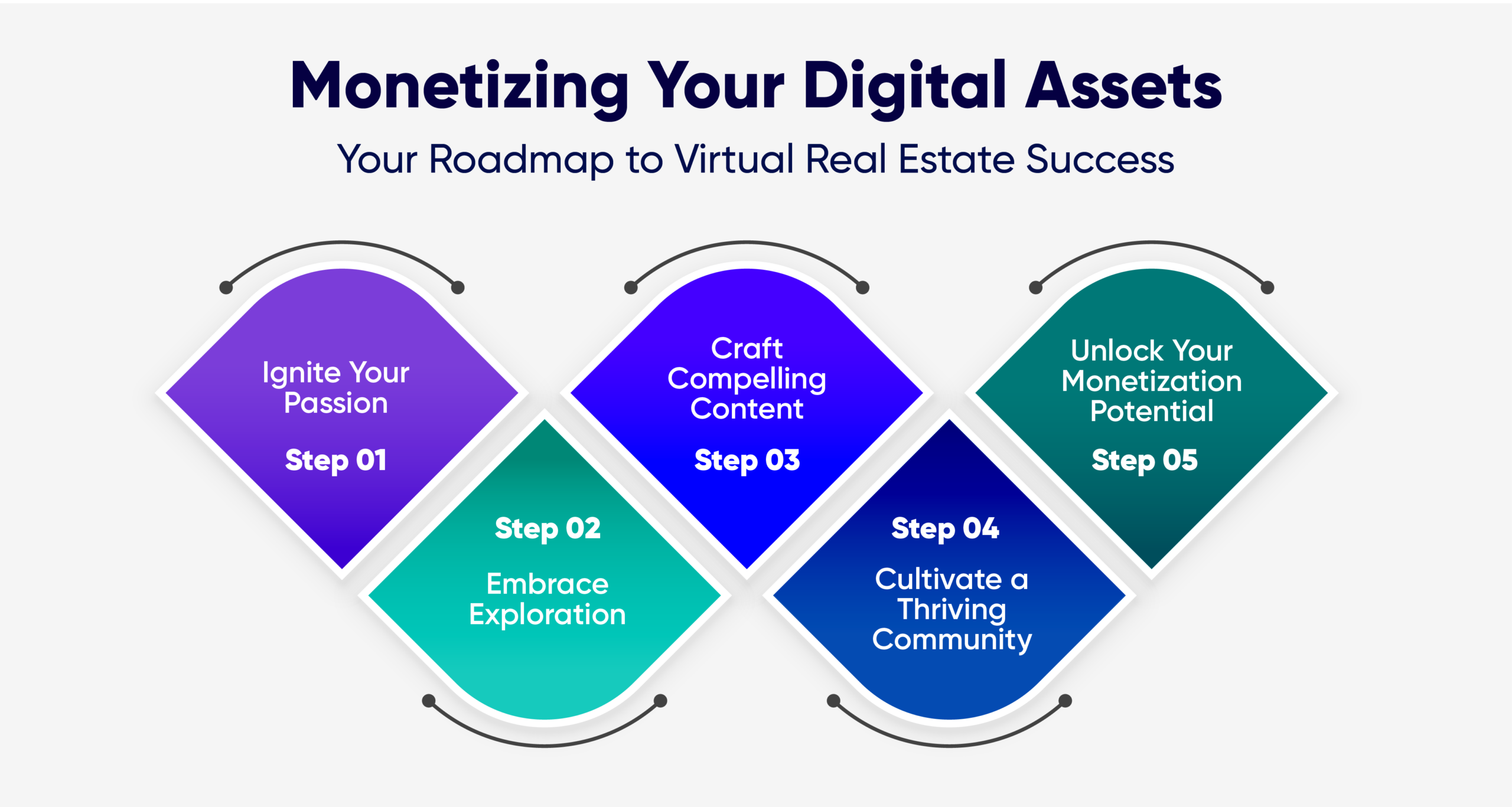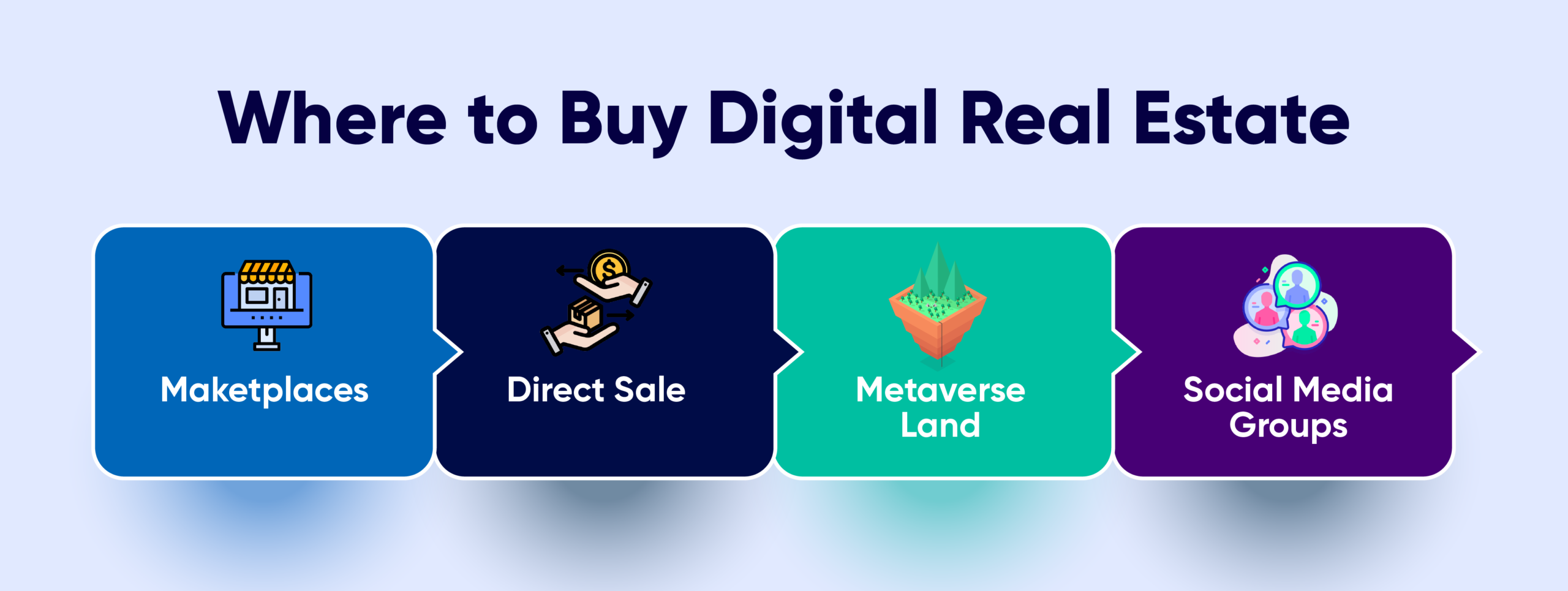
Introduction
Blockchain & Web3 Services Trusted By Leaders
- Develop innovative solutions using our state-of-the-art blockchain expertise.
- Achieve accelerated growth with robust & scalable Web3 consulting.
- Unlock 360-degree security with our top-rated blockchain development.
Digital Real Estate: How to Make Money From it?
As the digital market grows and evolves, Metaverse develops real value in a virtual world, providing a groundbreaking platform for investors to explore new frontiers. Not only this but the virtual landscape opens up unprecedented opportunities for ownership and profit and gradually becoming the future of investment and creativity. It offers a vast array of possibilities for earning and innovation accessible from digital devices. If you’re thinking about tapping into this market, you should know that investing in digital real estate doesn’t require significant funding at first, nor does it pose the same massive risks as other markets. This blog will help you discover how to make revenue streams in the ever-expanding digital landscape for both budding digital investors and those looking to expand their existing portfolios, providing the knowledge needed to thrive in the digital market. The future of wealth creation is here, get ready to stake your claim. Let’s start;What is Digital Real Estate?
How to invest in Digital Real Estate?
Getting started with digital real estate investing is made simple as you don’t need to be a tech whiz to get started! Nowadays, it’s way easier to use simple tools and platforms like WordPress. If you want to own a piece of the digital world, you don’t need to worry about knowing all the technical stuff, even if you’re just starting. Here’s a breakdown of some of the most common types of digital real estate, each offering unique advantages and considerations:
1. Domain Names
Consider your domain name as your online address. It’s your unique identifier on the web, and memorable, relevant domain names can be valuable assets. Some fetch high prices due to their brand-ability, keyword relevance, and overall demand.
2. Websites and Blogs
Fully developed websites and blogs with established audiences and revenue streams are prime examples of digital real estate. These properties can generate income through various means like advertising, affiliate marketing, sponsored content, or even e-commerce.
3. Social Media Accounts
Popular social media accounts with a significant following hold value in the digital world. Influencers and businesses can leverage these accounts to earn money through sponsored posts, brand collaborations, or even by selling the accounts themselves.
4. Mobile Apps
Developed mobile applications with a user base or revenue potential are considered digital real estate. App developers can generate income through advertising, in-app purchases, or subscription models.
5. Online Marketplaces
Platforms like e-commerce sites, classifieds, or peer-to-peer marketplaces that facilitate online transactions are also digital real estate. These platforms typically generate revenue through transaction fees or advertising.
6. Virtual Lands
As the metaverse evolves, digital spaces and properties within virtual land are becoming increasingly valuable. These can include virtual land, buildings, or other assets that can be bought, developed, and even sold. You can buy virtual plots or any property from decentraland.
7. Digital Currency and Tokenized Assets
Assets Tokenization and digital currencies like Bitcoin and NFTs typically refer to non-fungible tokens that represent another form of digital real estate. These intangible assets are secured through cryptography and can be traded or held electronically.
How to Make Money From Digital Real Estate?
The internet is full of stories about huge deals of investing in the digital world. It doesn’t matter what you know, who you are, or how much money you have. There are lots of ways to earn money from digital properties like websites or social media. Here’s how you can do it:- Ads and Partnerships: Get people to visit your site or follow you on social media, and then make money through ads or by working with brands. This could be through banners on your site, getting paid to talk about products, or teaming up with companies.
- Selling Online: Whether it’s an online shop or digital items like ebooks or courses, you can sell directly to people online.
- Affiliate Marketing: Share links to products or services on your site or social media. If someone buys something through your link, you get a piece of the sale.
- Renting Out Digital Space: If you have a good domain name or a popular site, you can rent it out to others who want a ready-made online spot, giving you a regular income.
- Memberships and Subscriptions: Offer special content or services that people pay a monthly fee to access. This could be exclusive articles, forums, or any service you think is worth paying for.
- Working with Brands: If you have a lot of followers or a big blog audience, companies might pay you to promote their stuff.
- Buying and Selling Sites: Just like real estate, you can buy websites that aren’t doing well, make them better, and sell them for more money.
Advantages of Digital Real Estate Investment
The rise of Metaverse technology already revolutionized the digital space. However, digital real estate investing requires careful evaluation of all aspects, including the digital market landscape and potential rewards and risks associated with this evolving frontier.- Accessibility: Compared to traditional real estate, digital real estate boasts a lower entry point, making it an attractive option for individuals with various financial resources. Whether you’re a solo entrepreneur or part of a small team, acquiring domain names, websites, or social media accounts is significantly more accessible.
- Global Reach: Unlike physical limitations, digital assets transcend geographical boundaries. Your online presence has the potential to reach a worldwide audience, opening doors to a broader customer base and increased earning potential, irrespective of your location or your audience’s.
- Passive Income Potential: Well-established digital assets can generate income passively. Websites and apps, for instance, can bring in revenue through advertising or sales without requiring constant monitoring or intervention from you.
- Adaptability and Growth: Digital assets offer greater flexibility compared to their physical counterparts. They can be effortlessly updated, modified, or expanded, allowing you to adapt swiftly to market trends and nurture the growth of your investment.
- Diversification: By incorporating digital real estate into your investment portfolio alongside traditional options, you can effectively spread your risks. This diversification strategy ensures that a downturn in one market doesn’t leave you completely vulnerable.

Monetizing Your Digital Assets: Your Roadmap to Virtual Real Estate Success
The internet is brimming with stories of individuals striking gold in the digital world. Regardless of your background, experience, or financial resources, there are numerous ways to generate income from digital properties like websites or social media accounts. Here are a few effective strategies:
- Ignite Your Passion: Identify your niche by giving a thought to what sparks your interest. Do you have a knack for website design, a passion for writing, or a talent for social media engagement? Recognizing your strengths and interests will guide your selection.
- Embrace Exploration: Immerse yourself in research! Analyze successful examples within your niche, and identify your target audience’s wants and needs. This understanding will pave the way for a well-defined strategy.
- Craft Compelling Content: Whether it’s crafting informative articles, creating captivating videos, or developing engaging tutorials, prioritize content that resonates with your audience and sets you apart.
- Cultivate a Thriving Community: Utilize social media platforms, optimize your content for search engines (SEO), and explore other strategies to expand your reach. Fostering a thriving community around your digital assets will keep your audience engaged and coming back for more.
- Unlock Your Monetization Potential: Once you’ve established a strong following, explore diverse methods to generate income. This can include advertising partnerships, selling products or services, offering memberships, and much more. Choose monetization models that align with your style and resonate with your audience’s preferences.
For example:
Building your online real estate can be inspiring through E-Commerce websites, blogs, or a combination of both. Arianna Huffington Post started in 2005 and has grown to become a popular news aggregator. To start, buy a domain name, choose high-quality hosting, and use WordPress without high-tech coding knowledge. Engage with engaging content to start earning through digital real estate.